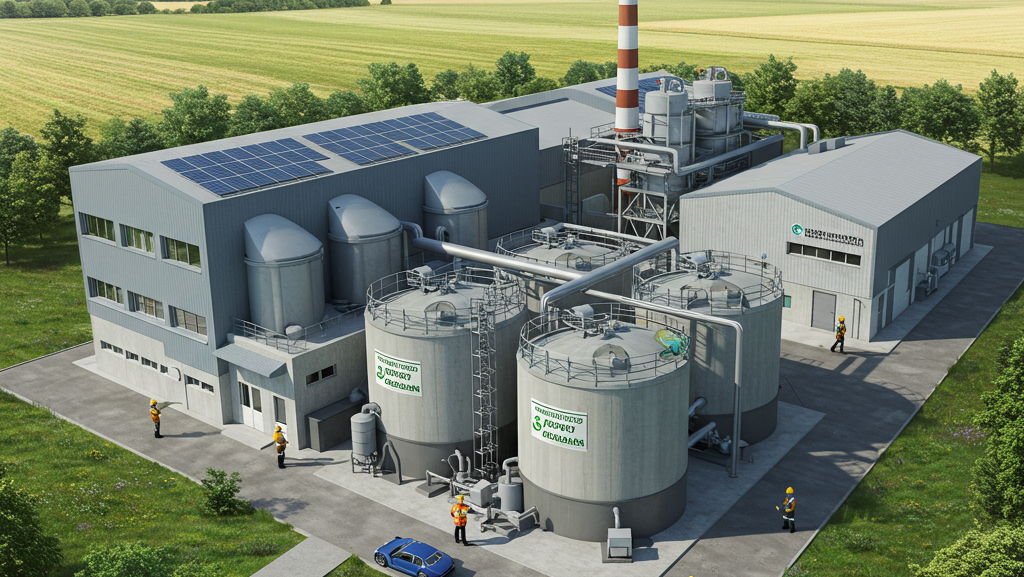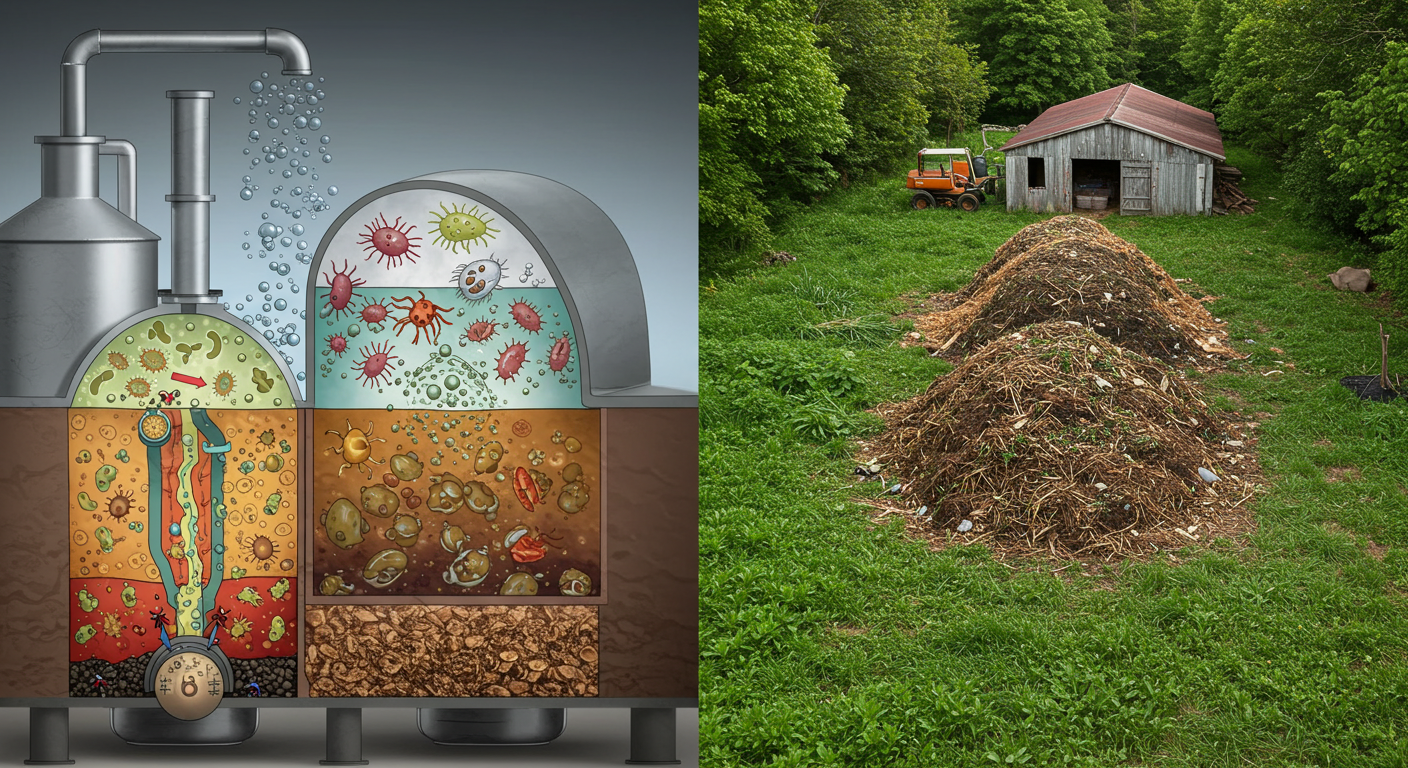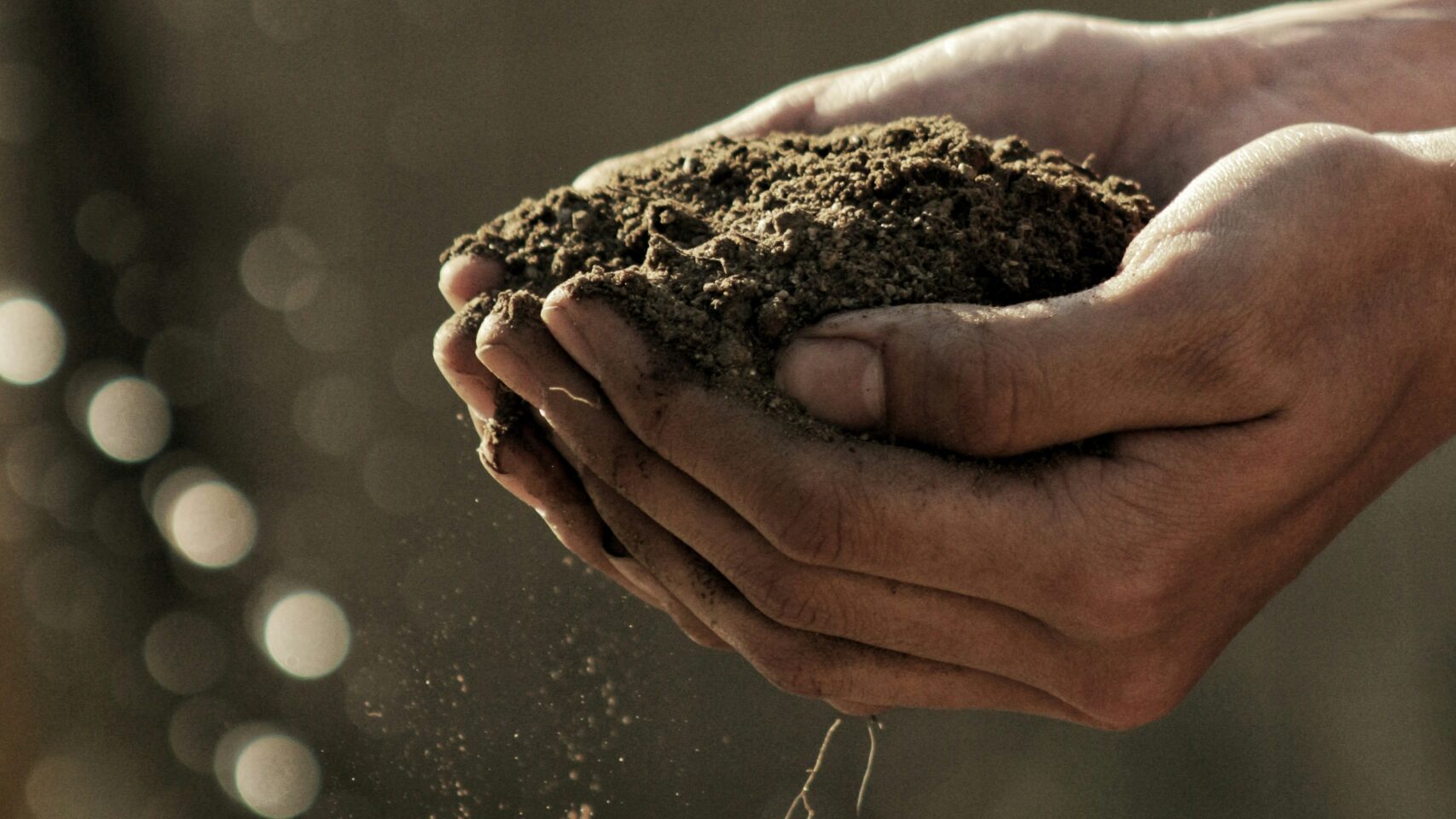Introduction to Beekeeping and Pollination
Beekeeping, the practice of maintaining bee colonies, plays a crucial role in enhancing pollination, which is essential for the growth of many crops and plants. By cultivating these vital insects, beekeepers not only produce honey but also foster a healthy ecosystem that supports biodiversity.
The Importance of Pollinators
Pollinators, including bees, contribute significantly to food production worldwide. They assist in the fertilization of flowering plants, which leads to the formation of fruits and seeds. This process is vital for numerous crops ranging from fruits and vegetables to nuts and flowers. Beekeeping aids in the proliferation of these pollinators, enhancing their populations and ensuring effective pollination in agricultural areas.
Beekeeping Practices that Foster Pollination
To maximize the benefits of beekeeping on pollination, it’s essential for beekeepers to adopt sustainable practices. This includes establishing hives near flowering crops, managing bee health effectively, and avoiding excessive use of pesticides that could harm bee populations. By creating a safe environment for bees, beekeepers enhance pollination capacity, ensuring that both crops and the local ecosystem thrive.
In conclusion, the intersection of beekeeping and pollination presents a sustainable path for improving agricultural productivity and supporting biodiversity. Embracing beekeeping not only benefits farmers but also contributes to ecological balance, making it a vital practice in modern agronomy.





